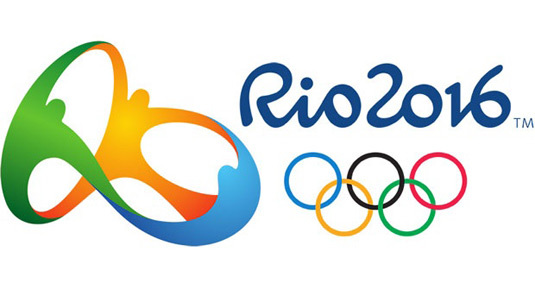Researchers at Dundee University have identified “worrying implications” for the people of Rio de Janeiro, ahead of this summer’s Olympic Games.
Studying the ramifications of the FIFA World Cup in 2014- which led to an increase in police violence, displacement, sexual exploitation and child labour across Brazil, the team concluded that the Olympics could cause similar issues for the city.
The researchers collaborated with the Pontifical Catholic University in Rio to explore the detrimental impact that the football championships had on the country, and the potential environmental and human disruption the Olympics might cause.
Professor Lorraine van Blerk, team leader, said: “Our research highlights how increased securitisation in the run up to the World Cup, coupled with Brazil’s particular history of military policing and socioeconomic inequalities, led to an increase in violence toward children, displacement of them and their families and further associated consequences.
“Looking ahead to the Olympics, our research paints a challenging picture for children’s rights.”
Dr Andrea Rodriguez, who conducted the field work in Brazil, said: “One of the most powerful elements of our study was the fact that we listened to the children in the favelas in Brazil to capture their perceptions and experiences about the impact of the World Cup on their lives.
“Major economic interests are overriding the rights of most vulnerable groups and a big shake-up is necessary in Brazilian society if things are going to change.”
The team concluded that the forced displacement of people in favelas during the World Cup exacerbated the endemic poverty in the country, and they worried that the Olympics could do the same.
They called upon governing bodies like FIFA and the IOC to fully support local policies that attempt to address the underlying problems, to avoid them being repeatedly “swept under the carpet”.









